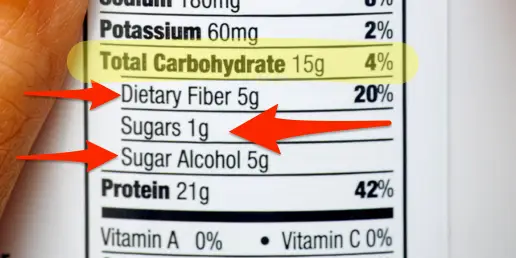In recent years, the music industry has seen a significant shift towards user-generated content (UGC). With the rise of online music platforms like Mp3Juice ,YouTube, SoundCloud, and TikTok, musicians and music lovers alike have the opportunity to create, share, and discover new music in ways that were never before possible.

In this article, we will explore the phenomenon of user-generated content in online music, how it has affected the music industry, and what opportunities and challenges it presents.
What is User-Generated Content in Online Music?
User-generated content (UGC) refers to any type of content created by users rather than by the traditional media companies or professional content creators. In the context of online music, UGC can take many forms, including:
- Covers of popular songs: Musicians performing their own versions of popular songs and sharing them on platforms like YouTube and SoundCloud.
- Original music: Independent artists and bands creating their own music and sharing it online.
- Remixes: Musicians taking existing songs and remixing them to create new versions.
- Live performances: Musicians sharing their live performances on social media platforms like Instagram and Facebook.
UGC has become an integral part of the online music ecosystem, and its popularity has only continued to grow in recent years.
The Impact of UGC on the Music Industry
The rise of UGC has had a significant impact on the music industry, both positive and negative.
On the positive side, UGC has given independent artists and small bands a platform to share their music with a global audience. Social media platforms like TikTok have helped many unknown artists go viral, leading to record deals and increased exposure.
UGC has also changed the way that music is discovered and consumed. Instead of relying solely on traditional radio and music streaming services, music lovers can now discover new artists and songs through social media and UGC platforms.
However, UGC has also presented some challenges for the music industry. One of the biggest challenges is copyright infringement. Many UGC creators use copyrighted material in their videos and songs without obtaining proper permissions, leading to legal issues and disputes.
Another challenge is the monetization of UGC. While some UGC creators are able to make money through sponsorships and advertisements, many are not able to monetize their content in a meaningful way. This has led to calls for more equitable compensation for UGC creators.
Opportunities and Challenges of UGC for Musicians
For musicians, UGC presents both opportunities and challenges.
On the one hand, UGC platforms offer a low-cost way to reach a global audience and build a fanbase. Musicians can use platforms like YouTube and SoundCloud to share their music and connect with fans directly, without the need for traditional record labels or music distributors.
UGC also presents new opportunities for collaboration and experimentation. Musicians can remix and sample other artists’ work, collaborate with other musicians around the world, and create new and innovative music.
However, UGC also presents challenges for musicians. With so much content available online, it can be difficult for musicians to stand out and get noticed. Additionally, the lack of traditional gatekeepers in the UGC ecosystem means that musicians may not have access to the same resources and support as they would with a record label or music distributor.
Navigating the UGC landscape requires a combination of creativity, persistence, and business acumen. Musicians need to be strategic in their use of UGC platforms, building a strong online presence while also protecting their intellectual property and finding ways to monetize their content.



